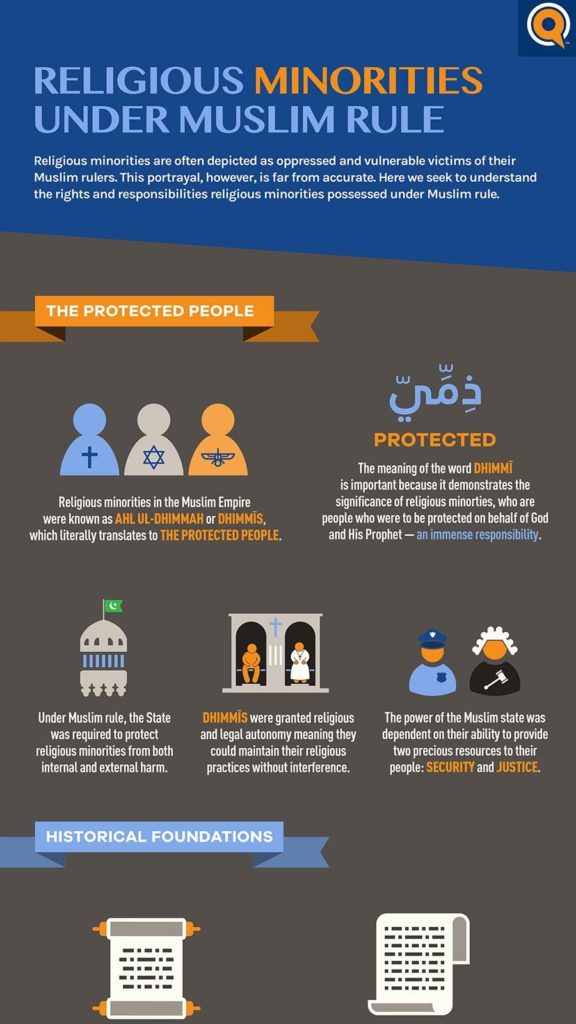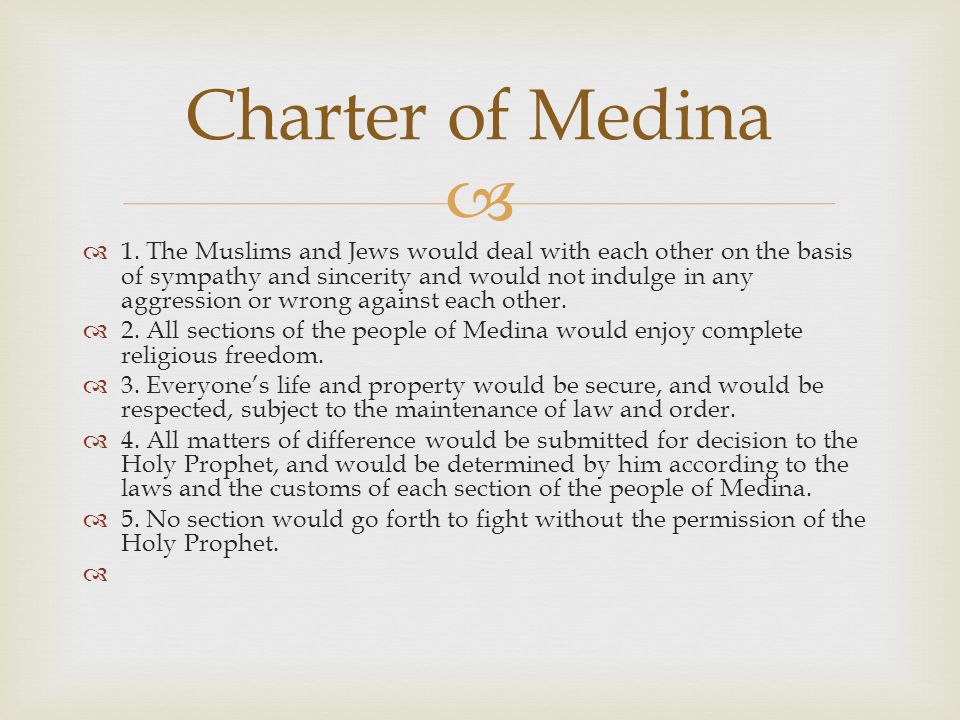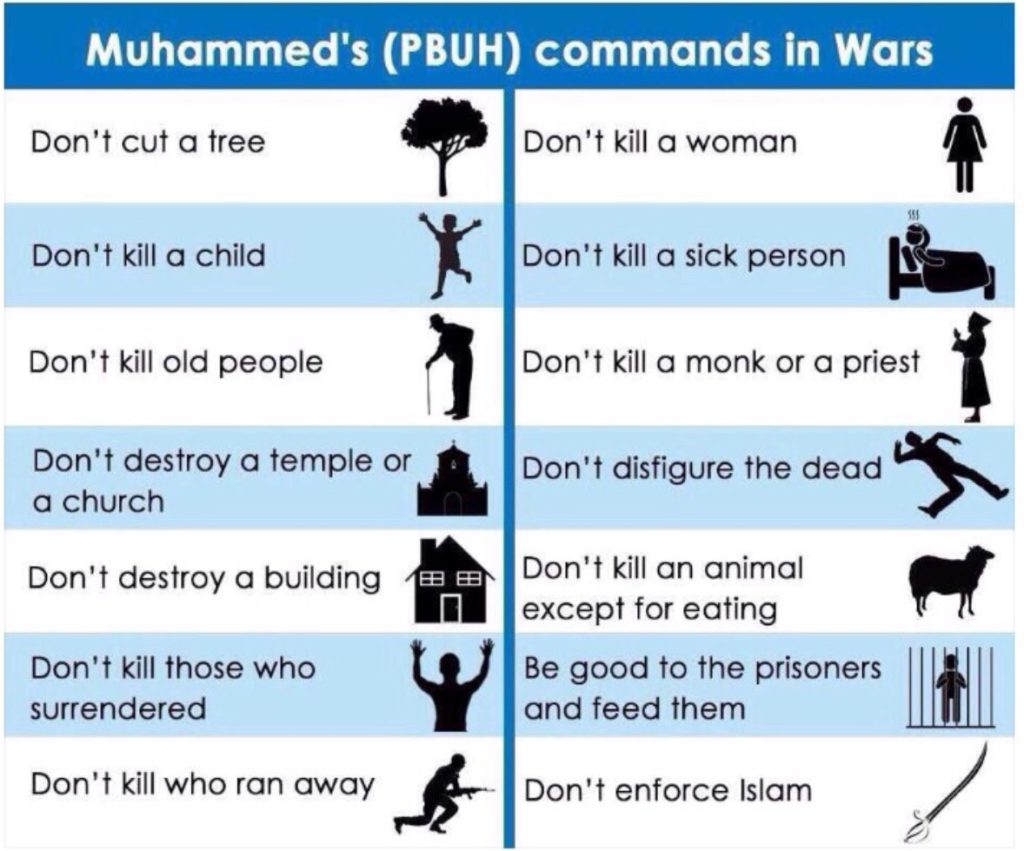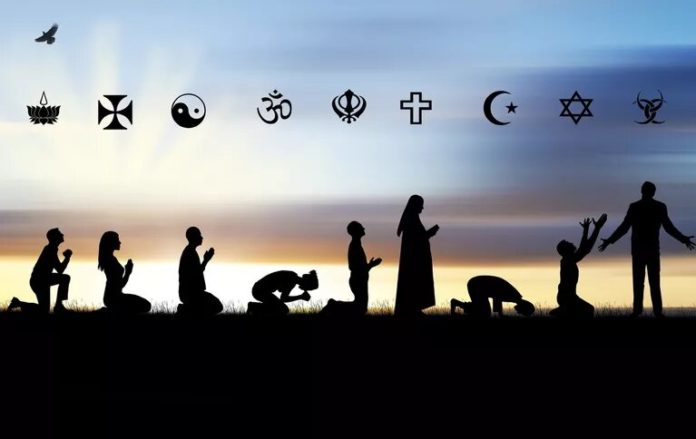1. PREAMBLE
1.1 The world today appears almost rudderless, there is no common world order prevailing. Global leadership is playing a selfish role in line with their vested interests. Unity of thought among the nations and within the nations does not exist.
1.2 Humanity at large is facing crucial issues like climate change, environmental degradation, water, food & health insecurities, loss of natural capital, population explosion and mismanagement of nature and natural resources. Despite the looming threats the people remain divided. The fact is that secular philosophies have utterly failed to nurture a united human stance against the natural and anthropogenic catastrophes. This is the most opportune time to rally with Divine Injunctions and manmade religious and philosophies for ameliorating human sufferings. It needs to be realized that the political and economic alliances have not been able to unite the people of the world. Mistrust is wide among the nations and the people of the world believe that the United Nation is no longer an effective body.
2. ISLAMIC CONCEPT OF INTERFAITH HARMONY
Islam is the greatest champion of Interfaith Harmony. It advocates living peacefully with people of other faiths. This is evident from the following verses of The Holy Qur’an and Sayings, Traditions and Deeds of The Holy Prophet (Peace and blessing of Allah be upon him):
2.1 VERSES FROM THE HOLY QUR’AN
A few verses from The Holy Book relevant to minorities are given in the following:
3:159 Consult Them about Matters
So, (O Prophet) it is through mercy from Allah that you are gentle to them. Had you been rough and hard-hearted, they would have dispersed from around you. So, pardon them, and seek Forgiveness for them and consult them in the matter and, once you have taken a decision, place your trust in Allah. Surely, Allah loves those who place their trust in Him.
2.2 GREETING
Islam lays stress on frequent exchange of greetings, notwithstanding differences in age, religion, colour or creed. It fosters acquaintance, courtesy and friendship. Its significance is highlighted in the following verses from The Holy Book:
4:86 Respond to Greetings with Better One
When you are greeted with a salutation, greet them with one better than it, or return the same. Surely, Allah is the One who takes account of everything.
24:27 Taking Permission and Greeting Residents
O you who believe, do not enter any house other than your own houses unless you seek permission and greet their inmates with Salam. That is good for you, so that you may be heedful.
2.3 PEACE AND RECONCILIATION
2:126 The Holy Prophet Ibrahim (May Allah peace be upon him) prayed for making MAKKAH a City of Peace and Providing Fruits to Its People (Recall) when Ibrahim said, My Lord, make this a city of peace, and provide its people with fruits those of them who believe in Allah and the Last Day. He (Allah) said, As for the one who disbelieves, I shall let him enjoy a little, then I shall drag him to the punishment of the Fire. How evil an end it is!
8:61 Inclination Towards Peace
And if they tilt towards peace, you too should tilt towards it, and place your trust in Allah. Surely, He is the All-Hearing, the All-Knowing.
2.4 TOLERANCE/ PATIENCE
2.4.1 Meanings of Tolerance/ Patience
o Tolerance implies respect for others’ views and opinions. Diversity of opinion is favoured since it leads to intellectual grooming of members of the society.
o Tolerance is hallmark of an Islamic society. Islam is the leading proponent of social cohesion, harmony and peaceful coexistence from the lowest unit of the family to the highest global tier. Muslim society does not permit sect, social and political polarization. Islam is against any supremacy on grounds of colour, creed, race, religion or geographic location. Islam is against economic, religious and ethical violations. It always encourages principles of moderation, mutual respect, cooperation, fraternity, multi-culturism and brotherhood.
2.4.2 Interfaith Dialogue with Wisdom and Courteous Arguments
A few verses are appended below:

2:258 O Beloved (Prophet)! Had you not seen him who quarreled with Ibrahim about his Lord because Allah gave him Kingdom? When Ibrahim said, my Lord is He who gives life and causes death, said he, ‘I give life and cause death’. Ibrahim said, ‘Well, Allah brings sun from East: bring it you from the West. ‘Thereupon the infidels were confounded and Allah guides not the unjust people.

4:63 Allah knows what is in their hearts then overlook them, and admonish them and say to them convincing words concerning their affairs.

16:125 Preaching with Wisdom, Good Teaching and Courteous Argument Invite (people) to the way of your Lord with wisdom and good counsel. And argue with them in the best of manners. Surely, your Lord knows best the one who deviates from His way, and He knows best the ones who are on the right path.

20:44 Then speak to him gentle words: haply he may be mindful or he may have some fear.

31:18 And make not your cheek crooked while talking to any one and walk not in the earth struttingly. Undoubtedly Allah loves not any arrogant boaster.

2:256 There is no compulsion in religion; no doubt the virtuous path has become clearly distinct from the erring; then whoso does not accept the devil and believes in Allah, he grasped a very firm knot which is never to open and Allah Hears and Knows.

2:283 And if you are on a journey, and you find not a scribe then let there be pledge with possession. And if in between you one entrusts the other, then let he whom he trusted deliver his trust and fear Allah Who is his Lord and conceal not evidence; and whosoever would conceal evidence, then his heart is sinful from inside, and Allah knows your deeds.
2.4.3 Protection of Minorities
Freedom of religion is advocated in Islam. It ensures respect for all religions and faiths to foster better relations. Protection of minorities is the religious responsibility of Muslims in the Islamic society. It is the primary duty of Islamic state to treat the minorities equal to the Muslims. The state is duty bound to provide complete protection and security to them. The non-Muslims are supposed to pay JIZYAH (poll tax) in turn.

6:108 Do not Abuse Others’ Gods
Do not revile those whom they invoke other than Allah, lest they should revile Allah in transgression without having knowledge. This is how We have made the deeds of every community attractive in their sight. Then, to their Lord is their return, after which He shall tell them what they have been doing.
9:29 Payment of JIZYA (Poll Tax)
Fight those People of the Book who do not believe in Allah, nor in the Last Day, and do not take as unlawful what Allah and His Messenger have declared as unlawful, and do not profess the Faith of Truth, (fight them) until they pay JIZYAH with their own hands while they are subdued.
60:8 Kind and Just Treatment of Minorities
Allah does not forbid you as regards those who did not fight you on account of faith, and did not expel you from your homes, that you do good to them, and deal justly with them. Surely Allah loves those who maintain justice.
2.5 BEAUTIFUL SAYINGS, TRADITIONS AND DEEDS OF THE HOLY PROPHET (PEACE AND BLESSING OF ALLAH BE UPON HIM)
حَدَّثَنَا قُتَيْبَةُ بْنُ سَعِيدٍ، حَدَّثَنَا عَبْدُ الْعَزِيزِ، – يَعْنِي الدَّرَاوَرْدِيَّ – عَنِ الْعَلاَءِ، عَنْ أَبِيهِ، عَنْ أَبِي هُرَيْرَةَ، أَنَّ رَسُولَ اللَّهِ صلى الله عليه وسلم قَالَ ” كُلُّ إِنْسَانٍ تَلِدُهُ أُمُّهُ عَلَى الْفِطْرَةِ وَأَبَوَاهُ بَعْدُ يُهَوِّدَانِهِ وَيُنَصِّرَانِهِ وَيُمَجِّسَانِهِ فَإِنْ كَانَا مُسْلِمَيْنِ فَمُسْلِمٌ كُلُّ إِنْسَانٍ تَلِدُهُ أُمُّهُ يَلْكُزُهُ الشَّيْطَانُ فِي حِضْنَيْهِ إِلاَّ مَرْيَمَ وَابْنَهَا ” .
2.5.1 Hazrat Abu Huraira (ﷺ May Allah be pleased with him) narrated: The Holy Prophet (ﷺ Peace and Blessing of Allah be upon him) said, The mother of every person gives him birth according to his true nature. It is subsequently his parents who make him a Jew or a Christian or a Magian. Had his parents been Muslim he would have also remained a Muslim. Every person to whom his mother gives birth (has two aspects of his life); when his mother gives birth Satan strikes him but it was not the case with Mary and her son (Jesus Christ) (SAHEEH AL-MUSLIM 2659a)
2.5.2 Hazrat Abdullah bin Umar (May Allah be pleased with him) narrated: The Holy Prophet (Peace and blessing of Allah be upon him) said, Whoever killed a MU’AHID (a person who is granted the pledge of protection by the Muslims) shall not smell fragrance of Paradise though its fragrance can be smelt at a distance of 40 years (of travelling) (SAHEEH AL-BUKHARI).
2.5.3 A delegation of Christians from Yemen had dialogue with The Holy Prophet (Peace and blessing of Allah be upon him) in MASJID-E-NABAWI. They were allowed to worship in the MASJID according to the irreligious beliefs.
2.5.4 Charter of MADINAH AL-MUNAWWARAH was based on contract among Muslims, Jews and others that they would be treated as equal citizens in every respect.
2.5.5 Hazrat Salih bin Yahya bin Al-Miqdam (May Allah be pleased with him) narrated: The Holy Prophet (Peace and blessing of Allah be upon him) said, I do not declare the property of the non-Muslims lawful to you except that which is due. One of you, reclining on his couch, may blow his own4 horn: we took lawful what we found lawful in The Book of Allah. And unlawful what we found unlawful there. And unequivocally declare the property of non-Muslims unlawful to you which is not due (AL-TABARANI).
2.5.6 Hazrat Khalid bin al-Walid (May Allah be pleased with him) narrated: On the day of KHAYBAR The Holy Prophet (Peace and blessing of Allah be upon him) forbade taking the wealth of the non-Muslim citizens (AL-DARUQUTNI).
2.5.7 The MADINAH Charter
This is a document from The Holy Prophet (Peace and blessing of Allah be upon him), governing relations between the Believers (Muslims of QURAYSH and MADINAH) and those who followed them and worked hard with them. They form one nation (UMMAH).This is the basic charter of first Islamic Government in the context of relationship with suburban tribes of Jews.

2.5.8 Treaty of Al-HADAIBIYAH
This treaty was concluded between the QURAYSH and the Muslims. This was a truce of peace and reconciliation between the parties.
2.6 EXAMPLES FROM CALIPHATES
2.6.1 Hazrat Umar bin Al-Khattab (May Allah be pleased with him) said, I advise my successor to fulfill the contract of the non-Muslim citizens who are under the protection of Allah and His Messenger (Peace and blessing of Allah be upon him). I enjoin him to fight for them (if the need arises) and not to burden them with more than they can bear (SAHEEHAL-BUKHARI).
2.6.2 Hazrat Aslam (May Allah be pleased with him) narrated: Hazrat Umar ( May Allah be pleased with him) wrote a letter to the military commanders stating that they should not impose tax on non-Muslim women or children (ABDAL-RAZZAQ INAL-MUSANNAF).
2.6.3 Hazrat Abd Allah bin al-Aslami (May Allah be pleased with him) narrated: When we reached Al-Jabiya with Hazrat Umar bin al-Khattab ( May Allah be pleased with him) there was an elderly man from the non-Muslim citizens who was begging others and asking for food. Hazrat Umar bin al-Khattab (May Allah be pleased with him) inquired about him and we said, O Commander of the Faithful! This is a man from the non-Muslim citizens. He is elderly and weak. Upon hearing of this, Hazrat Umar bin al-Khattab (May Allah be pleased with him) exempted him from the tax that was due from him and said, You burdened him with payment of the tax and when he became weak you left him to beg! Then The Second Guided Caliph (May Allah be pleased with him) provided him with ten DIRHAMS (monthly) from the public treasury because he had a family.
2.6.4 Hazrat Ali (May Allah be pleased with him) said, If a Muslim kills a Christian, he shall be killed in retribution (Al-SHAFI). Hazrat Ubayy bin Abd Allah (May Allah be pleased with him) narrated: Hazrat Umar bin Abdul al-Aziz ( May Allah be pleased with him) instructed his officials by writing, Do not demolish any church, cloister or Zoroastrian temple (IBN QUYYIM).
2.6.5 One day The Holy Prophet (Peace and blessing of Allah be upon him) was sitting with his companions at one place when a dead body passed near them. The Holy Prophet (Peace and blessing of Allah be upon him) got up in honour of the dead body. The companions asked as to why he had stood up since the dead body was of a Jew. The Holy Prophet (Peace and blessing of Allah be upon him) said, Notwithstanding the religion the dead body was that of human being (SAHEEH AL-BUKHARI).
2.6.6 Hazrat Abdur Rahman bin Abi Laila (May Allah be pleased with him) narrated: Sahl bin Hunaif and Qais bin Sad were sitting in the city of ALQADISIYA. A funeral procession passed in front of them and they stood up. They were told that funeral procession was of one of the inhabitants of the land i.e. of a non-believer, under the protection of Muslims. They said, A funeral procession passed in front of The Holy Prophet (Peace and blessing of Allah be upon him) and he stood up. When he was told that it was the coffin of a Jew, The Holy Prophet (Peace and blessing of Allah be upon him) said, Is it not a living being (soul)? (SAHEEH AL-BUKHARI).
3. INTERFAITH LINKAGE STRATEGY
Interfaith Linkage Strategy is three-pronged given as under:
3.1 INTERFAITH OUTLOOK
Environment is not a concern of one faith only. It is a matter of all faiths and philosophies. Examples of relevant customary Interfaith Outlooks are enumerated below:
3.1.1 Human Repentance
o Christianity
Repent and turn to God, so that your sins may be wiped out, that times of refreshing may come from the Lord. (AC 3:19)
o Islam Islam
So ask forgiveness of Him and turn unto Him repentant. Lo! My Lord is near, responsive. (11:61)
o Judaism
But if a wicked man turns away from all the sins he has committed and keeps all my decrees and does what is just and right, he will surely live, he will not die.

3.1.2 Punishment for Pride
o Christianity
If anyone thinks he is something when he is nothing, he deceives himself.
o Islam
And as for those who were scornful (insulting) and proud, He will punish them with a painful doom. (4:173)
o Judaism
Before his downfall a man is proud, but humility comes before honour (Pr 18:12)
3.1.3 Prayers
o Christianity
Devote yourselves to prayer being watchful and thankful (Col 4:2)
o Islam
O mankind call your Lord humbly and in secret (7:55)
o Judaism
The Lord is far from the wicked but he hears the prayer of the righteous (Pr 15:29)
3.2 INTER-FAITH DIALOGUE
Science, technology and engineering are common subjects of the global fraternity. All religions should undertake inter-faith dialogue for educating their respective followers to achieve efficiency in these disciplines. Science education should be imparted along with theological subjects in the mosques, churches and synagogues.
3.3 CONSULTATION AMONG STAKEHOLDERS
For achieving the best possible result the believers are advised to follow the concept of consultation for arriving at the right decision among themselves. They should always seek the opinion of non-Muslim citizens for selecting the best course of action.
4 WARFARE AND DIVINE RELIGIONS
4.1 GENERAL
4.1.1 Historical Perspective
Human history is replete with instances of military skirmishes, armed conflicts, tactical battles and strategic wars since arrival of first human being on Planet Earth. Invaders had destroyed the resource base of indigenous communities to multiply subjugation and dependency of the latter. Recent examples are the British burning of oilfields in Romania during World War I, scorched earth policy of Germans and Russians in World War II, American use of atomic bomb in Hiroshima and Nagasaki in August 1945, American application of defoliant and anti-green Agent Orange for destruction of forest ecosystems in Vietnam, American bombing of dams and mangroves in North Korea for creating inundation and flooding and igniting oilfields of Kuwait by Iraqi forces causing oil slicks and spills. Conflicts in Rwanda and Kosovo caused colossal damage to physical, biological and socio-economic – cultural environments. Devastating, terrible and horrifying immediate and residual impacts on ecology and habitats can be observed after every war.
4.1.2 Warfare Vs Sustainable Development
Warfare is inherently destructive to sustainable development. States shall therefore respect international law providing protection for the environment in times of armed conflict and cooperate in its further development, as necessary, 1992 Rio Declaration. (Source: https://www.lenntech.com/environmental-effects-war.htm#ixzz5vERmimZa)

4.2 Warfare and Islam
4.2.1 Wars and battles have been fought among nations since the dawn of human history, notwithstanding the causes and purposes of combat operations the ultimate consequence has always been destruction of life and property. JIHAD literally means striving. It commonly implies war waged in defence of religion or any serious endeavour in the cause of religion. Islam does not permit illegitimate killings and murders.
4.2.2 The Holy Prophet (peace and blessing of Allah be upon him) always advised to avert wars and settle the issues with adversaries in peaceful manner. He advocated defensive wars against corrupt practices of tyranny, aggression, injustice and hostility. He participated in 28 events in about eight years period, in 19 of these events there was no fighting therefore resulting in no killings. In nine battles the number of enemy’s deaths was 300 whereas the Muslim martyrs were 274.
4.3 Warfare and Christianity
Both Old Testament and New Testament (NT) have discussed the subject of Warfare, Environment and Christianity. Christianity believed that war is destructive, terrible and full of violence. It had preferred peace over violence. It is of the view that violence of military operations develop natural tension in Christian society.
4.4 Warfare and Judaism
Thinking of Judaism about warfare is biblical legislation covered in DEUTERONOMY 20. It encases the conduct during war. Three types of war as given below:
4.4.1 Obligatory war
4.4.2 Optional war
4.4.3 Pre-emptive or preventive war
5. RECOMMENDATIONS
5.1 Develop collaboration among stakeholders for addressing environmental and peace concerns through collective moral and scientific reasoning in which women should contribute actively.
5.2 Foster peace and harmony, inter-faith environmental, inter-cultural and inter-civilization dialogues.
5.3 Cleaning and greening of Interfaith views:
o Clean and green body, mind, heart and soul
o Clean and green lifestyle and living habits
o Clean and green public and private sectors
o Clean and green economy, banking, education, development and non-development sectors
o Clean and green religious rituals and moral values
o Clean and green natural and anthropogenic resources
5.4 With a view to acquaint the younger generation with the Divine Environmental Principles and Practices for interfaith dialogue it is proposed that this subject should be introduced in curricula of schools, colleges and universities.
5.5 The faith personnel should follow the Divine Moral Ethics in their respective domains.
5.6 Research and Development Centre about Divine Religions and Interfaith Dialogue should be established at global, national and provincial levels.
5.7 Awareness and motivation about Interfaith Dialogue should be imparted by informal means through media and religious congregations. Relevant Divine injunctions should be taught at various social tiers commencing at home or family unit.
5.8 To minimize eco-threats to the planet Earth and those occupying this, Interfaith Environmental Dialogue should be held as an immediate necessity at global and national rungs.
5.9 To make Mother Earth free of armed conflicts in light of Divine teachings Interfaith Dialogue should be carried out.
5.10 It is suggested to revisit and implement global treaties, arrange global dialogue to minimize use of weapons for addressing conflicts.
5.11 Presently nations are facing chaos, confusion and mistrust among themselves. Sustainable peace at global level can be achieved through promoting the Concept of Peace Interfaith Dialogue.
BIBLIOGRAPHY
1. Global Voices
2. Google Search
3. Hussain, M., Environmental Degradation: Realities and Remedies, Ferozsons (Pvt) Ltd, Lahore (Pakistan), 1998
4. Hussain, M., Islam and Environment, Vol-I &Vol-II, The Environ Publications, Lahore (Pakistan), 2021
5. Hussain, M., COVID-19: THE UNPRECEDENTED CALAMITY, The Environ Publications, Lahore (Pakistan), 2021
6. Informed Comments
7. National Geographic
8. NDMA Pakistan Briefings
9. The Environ Monitor
10. The Holy Qur’an
11. Sayings, Traditions and Deeds of The Holy Prophet (Peace and blessing of Allah be upon him)
12. TV Channels (BBC, Al-Jazira, Pakistan TV etc.)
13. WHO Briefings and Media




